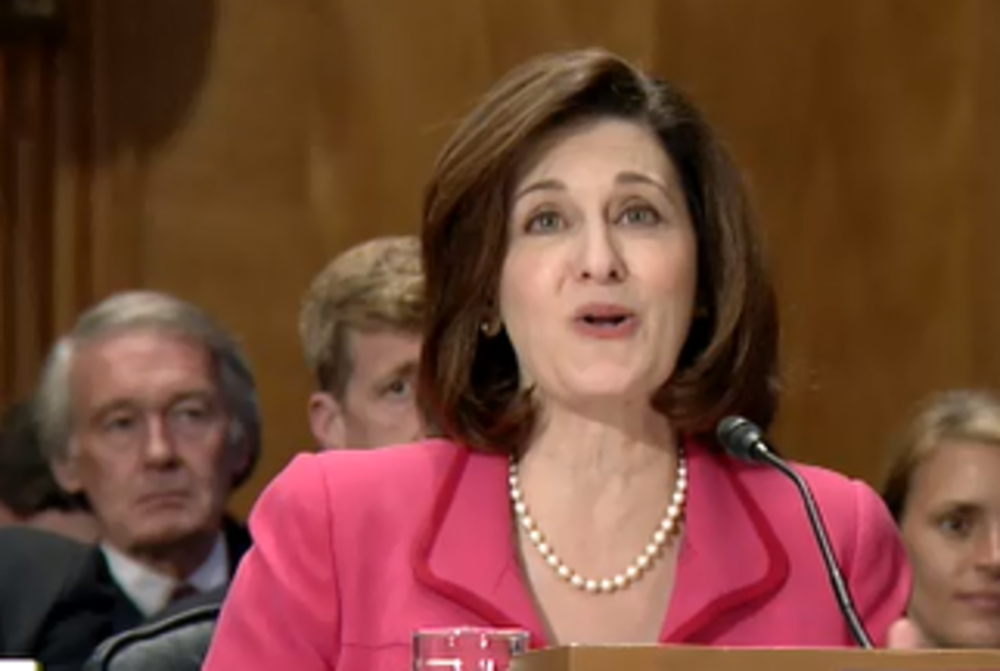Postal stakeholders were gratified to see four nominees put up last week to fill out a skeleton crew on the Postal Board of Governors. Mailers might have a change of heart, however, after yesterday’s vetting of the candidates by a Senate committee revealed them to be ready to hand full rate-setting authority to the U.S. Postal Service.
“I think the inflation-adjusted cap needs to be liberalized a great deal if not eliminated entirely. We have to give the Postal Service the discretion to make rate changes,” said nominee James C. Miller, who sat on the board from 2003 to 2011, serving three years as its chairman.
Miller expressed confidence that the Post Office would show restraint if granted primacy over rates. “There is a natural limit to how much the Postal Service would want to increase rates because of the drop-off in volume, he said in testimony before Sen. Tom Carper’s (D-DE) Homeland Security and Governmental Affairs committee. “There are other ways to have the Postal Rate (sic) Commission involved…to intervene when they see a great danger of the Postal Service violating the law or about to violate the law. You’ve addressed that in S. 1486 and I hope that provision survives in a conference bill.”
Carper and Senate colleague Tom Coburn’s (R-OK) Postal Reform Act (S. 1846) contains a provision that calls for setting the exigent price increase as the baseline and changing the cap structure to CPI plus 1% through 2016. In its approval of the exigency rate last December, the Postal Regulatory Commission put a two-year or $3.2 billion cap on the duration of the increase.
Nominee Stephen Crawford, a professor of public policy at George Washington University, agreed with Miller that USPS should be trusted to set its own rates. “I think the mail volume, especially for standard mail, is so sensitive to prices that the Postal Service is not about to jack up that price,” Crawford testified. “I think the PRC has a role in reviewing the reasonableness of those rates, but not ahead of time. We’ve seen surcharges from UPS and FedEx when fuel costs went up and the Postal service needs the flexibility to do that.”
Nominee Michael Bennett, SVP and CIO of defense contractor BAE Systems, concurred with Miller and Crawford. Attorney and consultant Victoria Reggie Kennedy, widow of Sen. Ted Kennedy, said she was cautious on the issue of raising rates and would defer judgment until she gains more experience on the board.
The Direct Marketing Association, meanwhile, questioned the notion of removing regulatory oversight from a government-run monopoly. “Mailers would be vulnerable to the whims of the governors,” commented Peggy Hudson, DMA’s SVP of government affairs. “The PRC plays a very important role in the mailing community. It gives mailers another agency to petition.”
Hamilton Davison, president and executive director of the American Catalog Mailers Association, agreed that mailers would be defiant in the face of rate-setting power being ceded to the Postal Service. “We’re glad the Senate has finally moved forward on addressing the nominations. Both the board of governors and the Postal Regulatory Commission need a full complement to do their jobs effectively,” he said. “But unchecked rate authority in the hands of only one entity is not something any mailer will support.”









